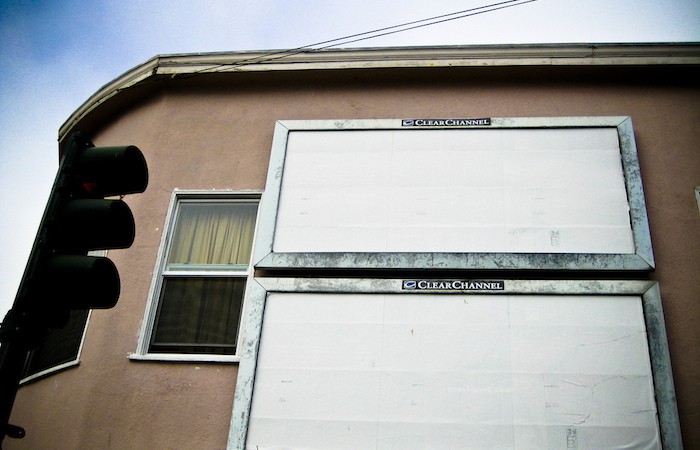
We want to talk about it — and to have our first ever Nieman Lab event in New York City, where so many of these media companies are. So I hope you’ll join us next Wednesday, December 2 for a panel discussion on ad blocking and its impact on the news business — particularly on mobile devices. Register here — it’s free.
We’ve assembled a terrific panel: Hayley Romer (publisher of The Atlantic), Frédéric Montagnon (CEO of adblocker-blocker Secret Media), Jason Kint (CEO of trade group Digital Content Next), and David Carroll (associate professor of media design at the New School).
We’re gathering at NYU’s journalism building, at 20 Cooper Square in New York, on the 7th floor. We’ll start assembling at 6 p.m., with the panel starting at 6:30 p.m. Plenty of food and drink.
If you’d like to attend, we ask that you please let us know by grabbing a ticket. (Again, it’s free — we just want to keep track of how many people are coming.) Hope to see you there!